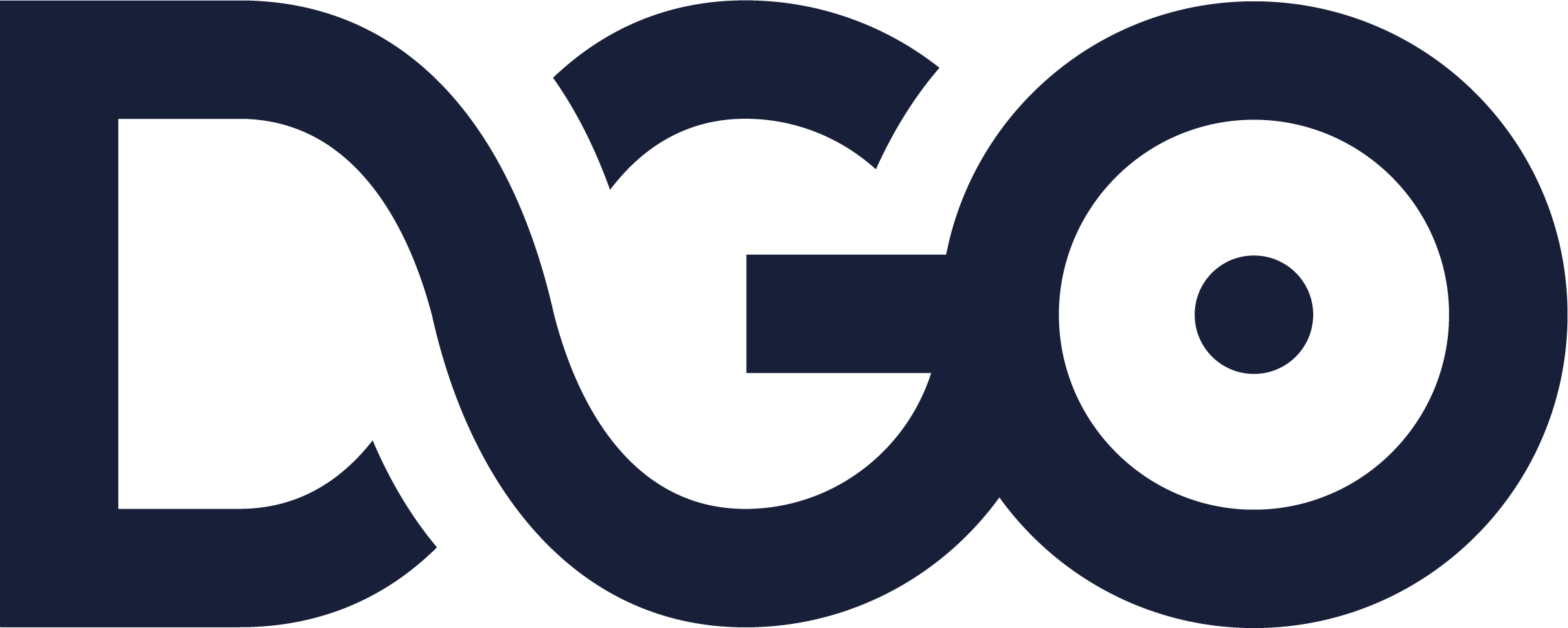DOCTORAL COLLOQUIUM
We welcome applicants from a broad range of research areas relevant to digital government. Ideally, student participants will have completed one or two years of doctoral study or progressed far enough in their research to have a structured proposal idea and perhaps some preliminary findings, but have not reached the stage of defending their dissertations. We expect students at this stage of study will gain the most value from feedback on their work and from the general discussions of doctoral programs and scholarly careers. In addition, preference will be given to students who have never attended a Ph.D. Colloquium organized by the Digital Government Society. Although there is no fee for the colloquium itself, students are expected to register for and attend the full conference.
The colloquium will encompass three kinds of activities:
● Presentations of individual student research followed by in-depth discussions led by faculty mentors.
● Informal discussions and networking activities
● If time permits, brief plenary presentations by senior faculty on digital government research themes as well as on planning and managing dissertations and careers.
The colloquium is built around discussion of each student’s work. To accomplish this, each student will read and give a short presentation and commentary on another student’s paper. Each author will then add to the presentation of his or her work, followed by extensive small group discussion. Material provided in applications to the doctoral colloquium will not be published in the proceedings. However, we encourage students to submit finished research to one of the paper tracks or research in progress as a poster or demo (Please see the NOTE below about submitting additional work to the regular conference tracks).
The application deadline is February 10, 2026. Accepted students will be notified by March 15, 2026. To apply, please submit the following information as a single PDF document to the doctoral colloquium track of the dg.o 2026 submission site at https://easychair.org/conferences/?conf=dgo26.
● A paper describing your planned or in-progress doctoral dissertation covering the following elements. The paper should be no less than five or more than 10 pages (not including references, tables and figures). Papers outside these limits will not be considered. The paper should include:
Abstract
The problem domain addressed and why it is important
A brief overview of related work
Theoretical frameworks for your study
The research questions and methodological approach
Empirical setting, if applicable
Preliminary research results, if any
* Discussion of the author’s own intellectual and practical challenges inherent in the study
* The next steps or future direction of the research
References
*These two items are essential to the discussion of each student’s paper and must be included.
● A short personal statement stating what you personally hope to gain from the Doctoral Colloquium and how you can contribute to the colloquium experience of others.
● A 1-2 page CV
The language of the colloquium is English, and all submitted materials must be in English. Students must have sufficient proficiency in English to participate in the presentations, discussions, and other activities.
The Digital Government Society has established a scholarship fund thanks to a bequest from Valerie J. Gregg, a founder of the Society and of the digital government research community. The fund provides full conference registrations at no cost to accepted doctoral colloquium students.
COLLOQUIUM CHAIRS:
● J. Ramon Gil-Garcia, University at Albany, SUNY, USA
● Ida Lindgren, Linköping University, Sweden
● Gabriela Viale Pereira, Danube University Krems, Austria
